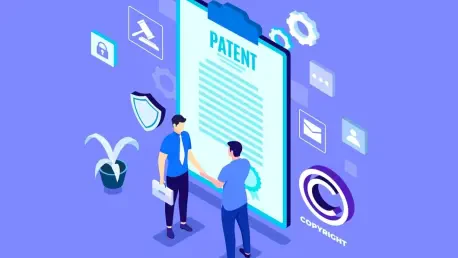
Industry Overview Mexico’s innovation economy stood at a hinge moment as industrial property rules confronted generative AI, data-heavy R&D, and the need for faster, lower-cost patent pathways that could convert early ideas into investable assets without eroding protection or trust. The proposed
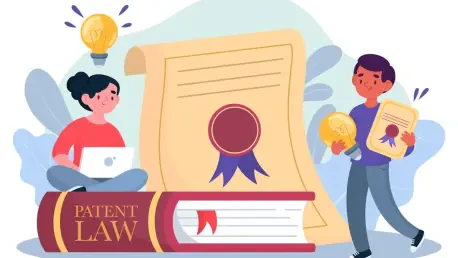
I'm thrilled to sit down with Desiree Sainthrope, a legal expert with a deep background in drafting and analyzing trade agreements. With her extensive knowledge of global compliance and intellectual property law, Desiree has become a trusted authority on the complexities of patentability, including
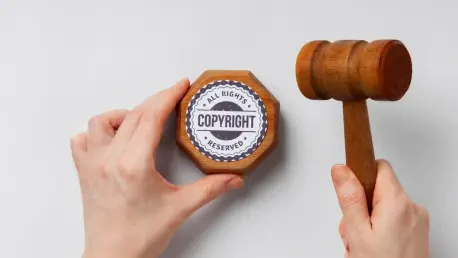
In the fast-paced world of footwear, where a single design element can define a brand’s identity, a recent legal victory has sent ripples through the industry, highlighting the critical importance of intellectual property protection. Salomon, a prominent sports footwear brand, has triumphed in a
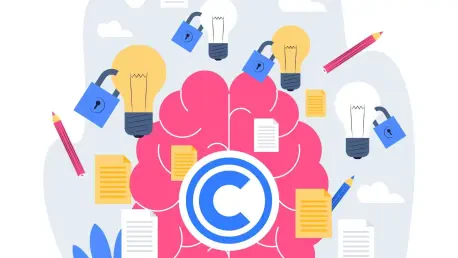
The global landscape of intellectual property (IP) stands at a pivotal moment, with trust in systems designed to protect innovation and creativity becoming a cornerstone of economic and cultural progress. A remarkable 64% of people across 74 countries express confidence in IP's positive economic
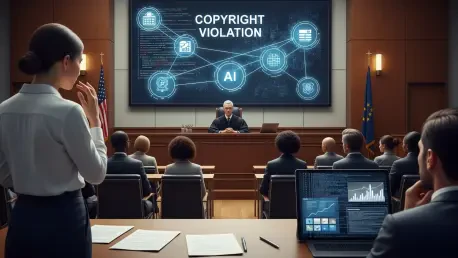
I'm thrilled to sit down with Desiree Sainthrope, a distinguished legal expert with a wealth of experience in drafting and analyzing trade agreements. With her deep knowledge of global compliance and keen interest in the intersection of law and emerging technologies like AI, Desiree is the perfect
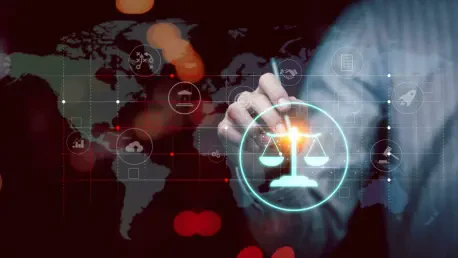
I'm thrilled to sit down with Desiree Sainthrope, a renowned legal expert with deep expertise in drafting and analyzing trade agreements. With her extensive background in global compliance and a keen interest in intellectual property law, Desiree brings a unique perspective on how businesses can